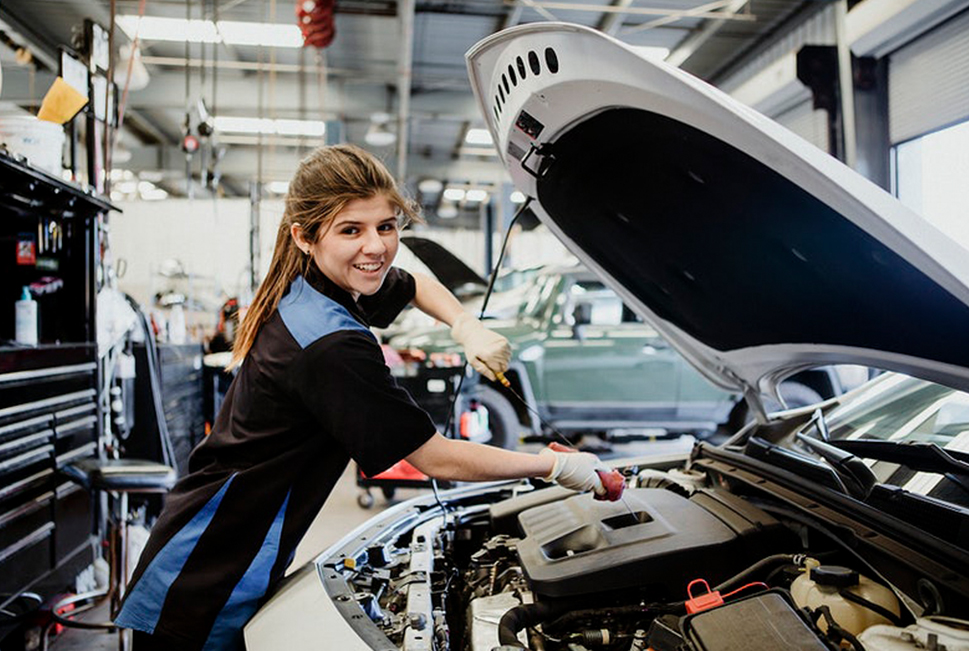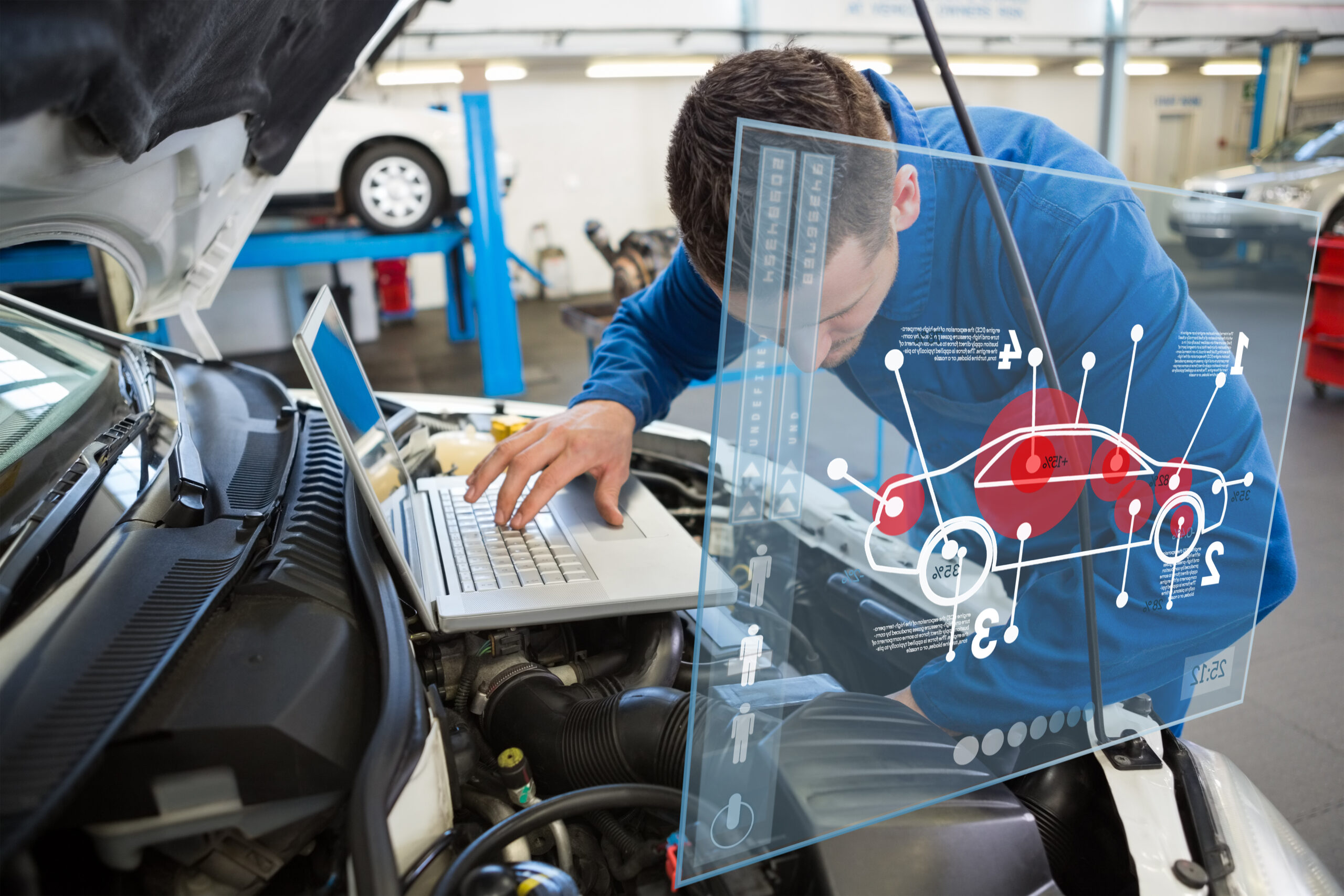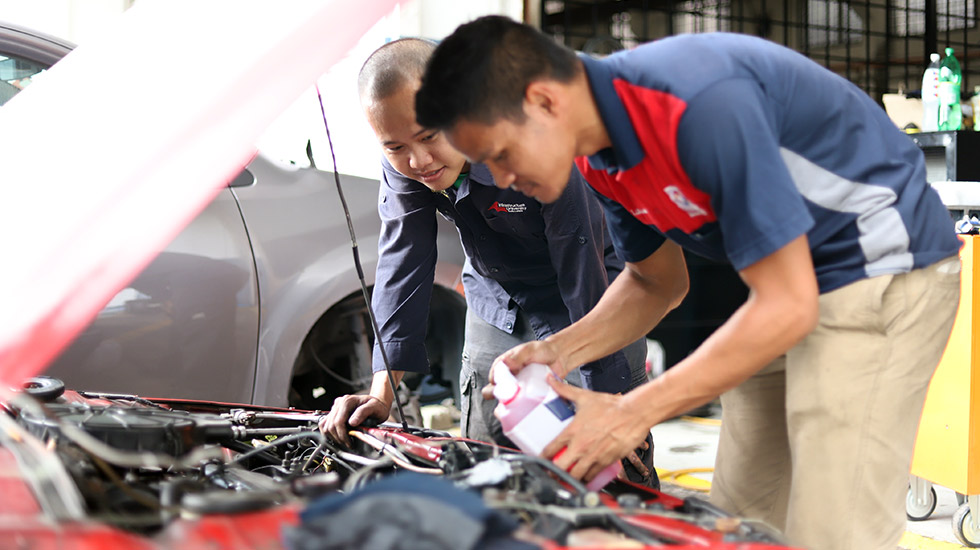Electric Cars – What Are the Disadvantages of Driving an Electric Car?

Range: how far can I drive and where can I recharge?
This is probably the biggest current drawback of electric vehicle technology. Not only are current electric vehicles limited by range, there is minimal current recharging infrastructure in place for high speed recharging of EV’s and batteries become prohibitively expensive when trying to increase the range of your vehicle. If you typically do a lot of long distance commuting, then an electric vehicle is perhaps not the best choice. EV’s are suited presently to the city as commuting distances are small and recharge points are more available.
The Tesla has a range of around 240 miles which is a significant distance, however comes at a fairly high price point around the $100,000 mark. Less expensive electric cars have a smaller range and top speed and are suited more to city driving. These are also more affordable and are much lighter vehicles. Many potential electric vehicle owners define this as their number one disadvantage of current electric car technology.
It should be noted however that large recharging infrastructure networks are being installed around countries to offer high current low time charging solutions. Some of the faster charging options allow 20-30minute recharge times which is perfect for that coffee and a burger stop. Recharging through a standard household socket however will take many hours due to the single phase 10amp limitation of many power points.
Furthermore, lithium nickel and lithium air batteries are currently being developed in the Japan and the US respectively identifying potentially 3 – 6 times the energy density of current lithium ion batteries. Lithium polymer batteries are another good example which show that future battery technology will be far superior to that of current electric vehicle battery technology and range will become less of an issue as these technologies enter wide spread distribution at lower cost points.
How fast will it go?
This one really depends on how many batteries, what type of batteries (and really how much you want to spend on the electric car or EV conversion). You will also need a motor which matches the battery and controller combination. Many still think of an electric car as sluggish, however cars like the Tesla have proven that to be quite the opposite in some cases. The fast accelerating cars will be expensive as they require high discharge batteries, high current controllers and powerful motors. There is also a pay off with top speed. If you want a fast accelerating vehicle, it may have to be geared lower which will in turn reduce the top speed of the vehicle. Generally gear boxes are not required in an electric vehicle however as an electric motor can rev very high.
Can I get that classic V8 hum?
Sorry buddy – electric cars are very quiet. You will hear a bit of an electric motor sound which is kind of cool (sort of mimics the sound of a jet engine), but gone will be the days of the rumbling roar of a V8 if you buy an electric vehicle.
Are electric cars safe?
There have been concerns from past lithium ion battery packs exploding or over heating however with a battery management system, these issues are gradually being resolved. The biggest risk is the high voltage wiring inside your electric car which traditional petrol powered vehicles don’t have. The key is to have accelerometer kill switches and automatic disconnectors which isolate the batteries the moment the vehicle is in an accident. Generally electric vehicles offer better safety if well designed and road worthy since mass is distributed lower and towards the perimeter of the vehicle, and there is no flammable petrol or gas on board.
When charging the vehicle special attention must be given to methods of recharging to avoid electric shock. Done properly through a well designed recharge point is the key to success here.
Finally the need for a gear box is removed, and this allows the driver to concentrate on the road and other distractions rather than changing gears.
Where can I service it?
Although service stations which specialize in electric vehicle servicing are minimal presently, there will certainly be many popping up as more electric vehicles enter the market. Luckily electric vehicles need minimal servicing with only one moving part on the drive side and no gear box, clutch, oil change etc. There should be one service point in your city at least and most mechanics will be able to diagnose simple problems or refer you to an electrician to fix the wiring.
In summary are EV’s good or bad?
As we have seen there are a lot of downsides to electric cars, the most significant of these being the car’s range. If people can’t drive to their favourite holiday location 400km’s away for their long weekend break then it will reduce the number of potential buyers straight away. The price and vehicle acceleration are also major issues which need looking at. Lastly things like the sound it makes, how it looks, the ergonomics of driving and servicing issues can all contribute to the decision to go with a standard off the shelf gas guzzler. As we see electric vehicle technology increase however, we will no doubt see many changed which make the electric vehicle a clear winner as it overcomes some of these drawbacks.






